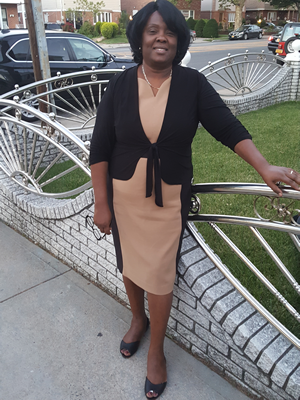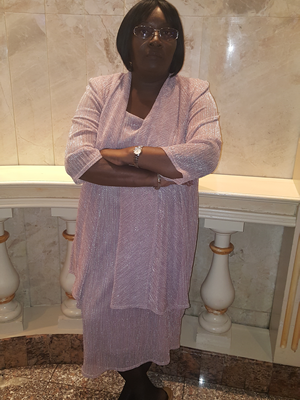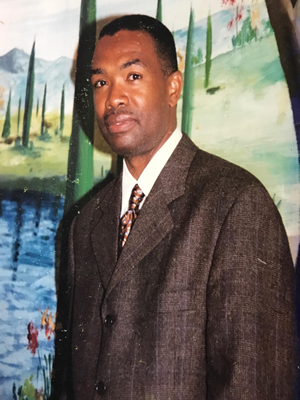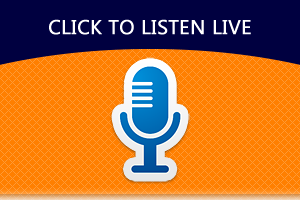Chronotherapy in Cancer Treatment
Chronotherapy refers to the use of circadian or other rhythmic cycles in the application of therapy. Chronotherapy is used in the treatment of asthma, cancer, hypertension, and multiple types of depression and bipolar disorder. Apart from the clinical applications, chronotherapy is becoming increasingly popular in non-clinical settings, for example in the group oriented works, where it is used to increase productivity and performance.
Existence of a circadian clock has been observed in behavioral and physiological patterns in all living organisms (plants and animals). These patterns seemed to regulate themselves very strictly around the 24 hour cycles of day and night and hence early biologists suggested that there was an inner mechanism that regulated these changes. They regulate important bodily functions such as sleeping, hormone production, digestive secretion, and immune activity. Management of the circadian clock is important because disruption of the expression of these genes can lead to the disruption of the cell cycle which is the basis for cancer development. Now, doctors after studying the patient's biorhythms, coordinate the timing of their medical treatments to these biorhythms. This is called chronotherapy. Cancer chronotherapy is one of the latest developments in the treatment of cancer patients.
Cell physiology is regulated along the 24-hour timescale by the circadian clock. This circadian organization is responsible for foreseeable changes and efficiencies of anticancer agents, and possibly in tumor growth. It has been found that often patients receiving chronotherapy reduce what would have been occurring side effects of nausea, vomiting, diarrhea, and fatigue. The science of Chronotherapy, ie, timing medicines or therapies according to the patients circadian and biological clock, to optimize benefits and minimize side effects, has been shown through various studies to have substance benefits with health issues such as: cholesterol, asthma, blood pressure , and arthritis.
A cancer is an uncontrolled proliferation of cells because of irregularities in the regulation of the cell cycle. In order to achieve cancerous growths, several mutations must take place to knock out the cell cycle's natural defense against cancer. Several studies have shown a strong correlation between the expression of circadian genes and various cell cycle phases. Therefore, the circadian clock can indirectly control the expression of genes. The hormones are under the influence of the circadian clock as we can monitor the 24 hour rhythmic changes in their levels in the body. Therefore, any disruption of the circadian clock will have an adverse affect on the secretion of these hormones and as a result disrupt cell proliferation rates. As a result, a disrupted circadian clock can lead to a compromised immune system which in turn leads to cancer development.
Cancer chronotherapy works to improve the negative effects on the body. The main ideology behind chronotherapy is that it takes advantage of the fact that normal cells all follow the circadian rhythm when it comes to the cell cycle. As a result, it can easily be determined at which phase the cell cycle in normal cells is at a particular time of the day. However, tumor cells do not follow the 24 hour circadian rhythm and are more often than not at a different phase of the cell cycle than normal cells. Therefore, the treatment is given at the time of day when there will be a minimum damage to host tissues.
Cancer chronotherapy is currently in practice and positive signs are emerging from clinical trials in which this treatment is being used and hopefully in the near future. Chronotherapy concepts appear to offer further potential to improve current cancer treatment options as well as to optimize the development of new anticancer agents.













 Hits Today : 759
Hits Today : 759 Total Hits : 744504
Total Hits : 744504 Who's Online : 1
Who's Online : 1